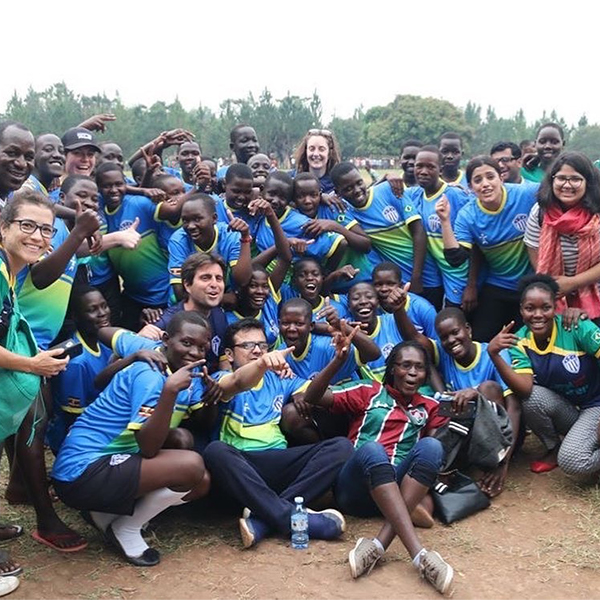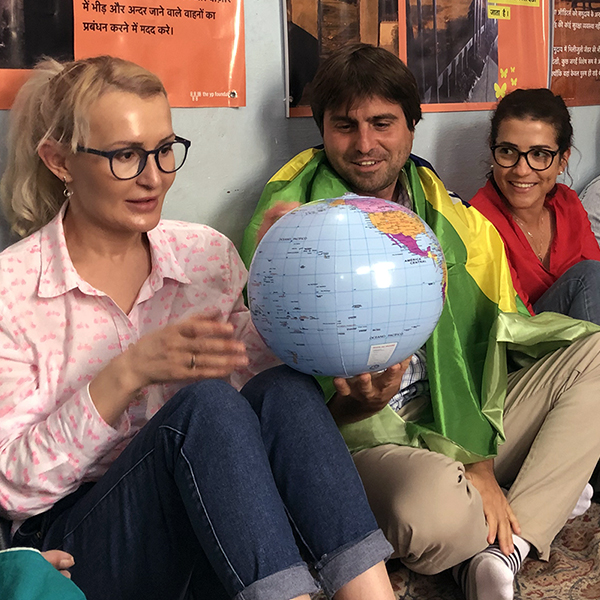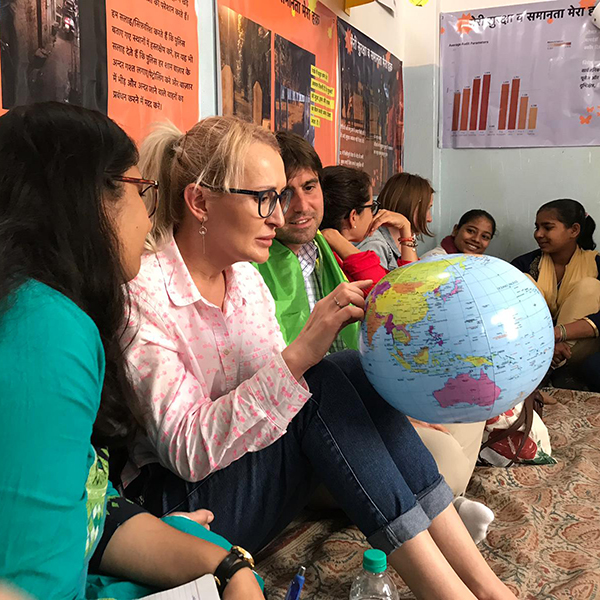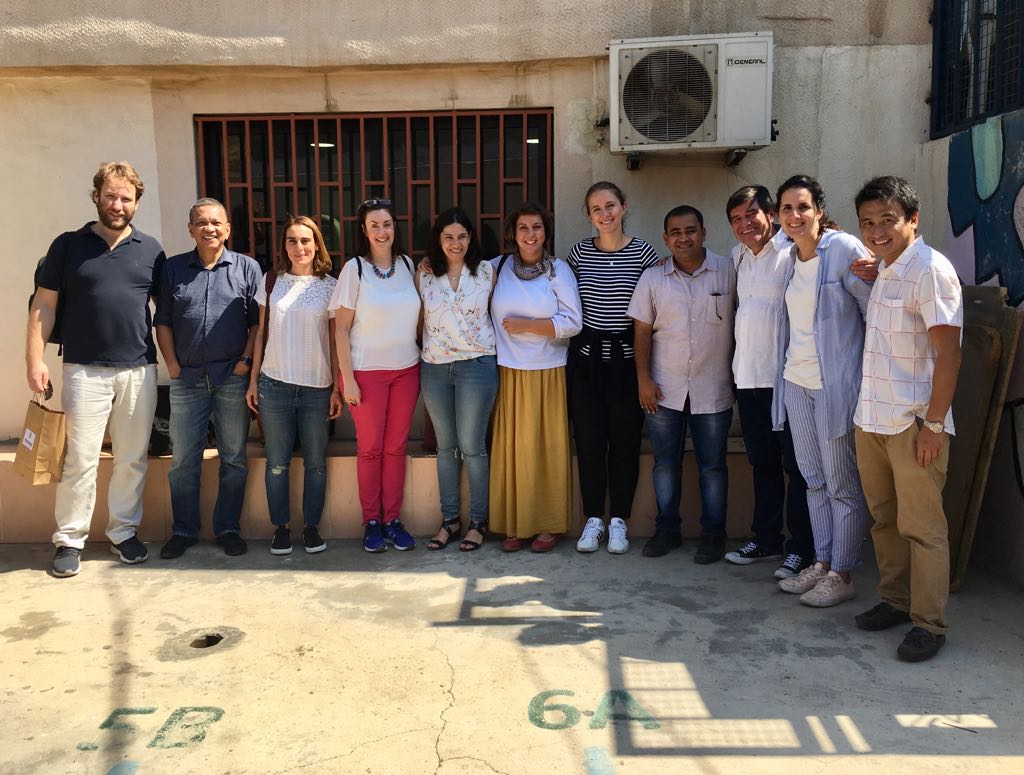Through the Step Up initiative, GFC and 12 local partners worked together from 2018-2020 to foster long-term capacity, effectiveness, and sustainability. GFC’s Vice President of Programs Corey Oser shares key insights from the Step Up journey and learning review.
Frogs in the toilet, nine-hour car trips, and treading across a swollen stream with shoes in hand were a few of the surprises along the way for participants in Global Fund for Children’s Step Up initiative. In addition to adapting to the physical environment during gatherings held in India, Kenya, Lebanon, and Uganda, participants navigated the twists and turns of learning about themselves, their peers, and their roles in fostering change while they were part of this initiative.
Through Step Up, GFC and 12 of our partners contributed to a collective learning environment where we encouraged each other to experiment with new practices as we adapted to rapidly changing situations and complex challenges, such as a global pandemic.
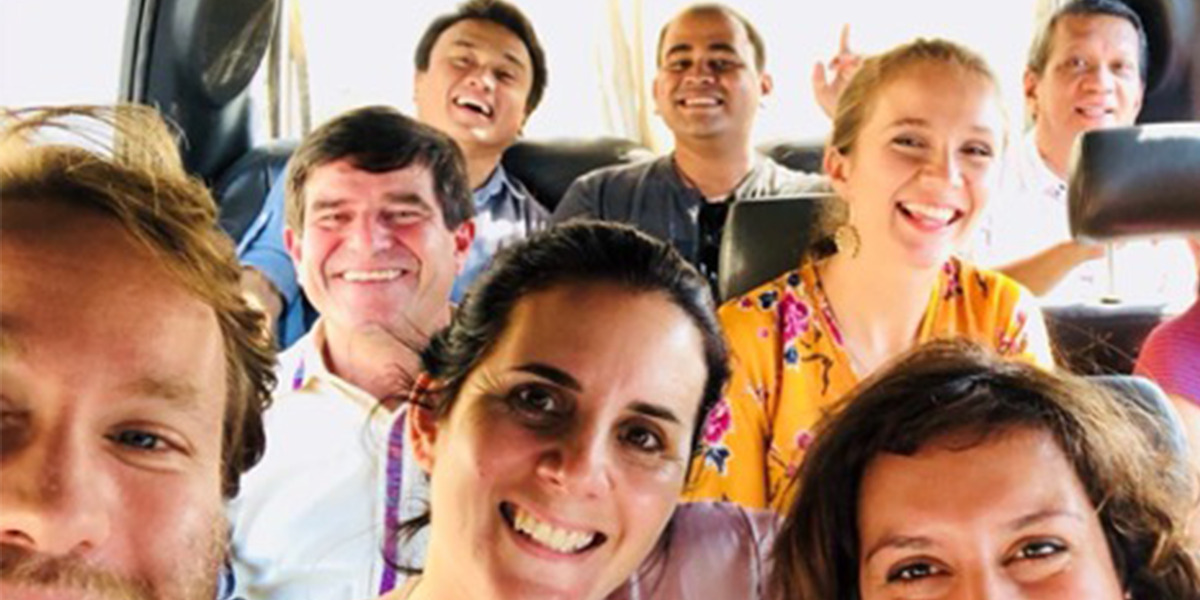
While Step Up had broad goals to help organizations strengthen their sustainability, it was also the space between the lines, or as one participant put it, “the mortar, not the bricks,” that we tried to capture through a learning review as we explored the experiences of our partners. The final report for the initiative, Learning from the Journey: A Critical Look at Capacity Development through the Lens of the Step Up Initiative, weaves together stories of individual and organizational change.
Appreciating new perspectives and implementing change was not limited to our partners. Step Up has been important to me as a leader of the Programs team at GFC as the team questions and refines our grantmaking and capacity development practice to ensure it is relevant to partners and reflects broader context changes.
I inherited the nascent Step Up initiative when I joined GFC in June 2017 during a period of intense reflection and change as the organization welcomed new leadership and charted a course for the next phase. As a colleague and I worked with two groups of organizations in Step Up that had already been GFC partners for several years, we experimented and learned together.
We drew upon insight from Step Up to influence changes at GFC, such as defining our capacity development principles, redesigning our organizational assessment process, and strengthening our facilitation practice. As we integrated ideas taking shape across the social sector, such as the importance of wellbeing and the dynamics of shifting power, we wove these topics into our discussions with Step Up participants.
Here are five key insights from the Step Up journey and learning review that have resonated with me:
1. Numbers only tell part of the story
In the Step Up review report, we were glad to note that the 12 Step Up partners collectively raised over $14 million, expanded their budgets by an average of 108%, and achieved an average 421% increase in the number of young people they reached. Yet, from these numbers alone, we would not know whether our partners cultivated new leaders on their teams, traced the link between their own wellbeing and that of the people they serve, or started listening to their communities before leading with solutions – a few of the outcomes that emerged from their stories.
2. Participatory evaluation processes are worth the effort
Step Up engaged partners as collaborators at every step, and we hoped for the evaluation process to do the same. It takes time to engage people in design, information collection, and analysis, and to ensure that the process and findings have meaning for them. We took time to listen and learn together. The process took longer than we planned and was imperfect, but it centered people as actors rather than only subjects in learning.
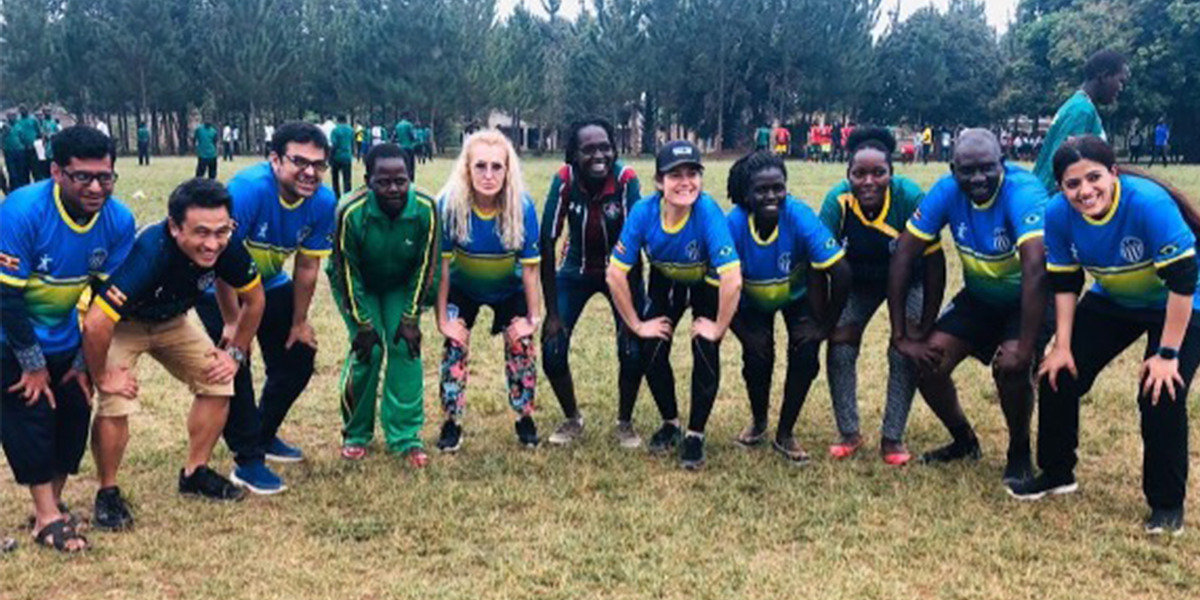
3. Stories are evidence
Stories are not linear. They can be dramatic or they might reflect tiny shifts in perspective, renewed confidence, or a blossoming new idea. While they take more work to absorb than numbers, they shed light on how and why change happens. The empowering process of sharing stories and discovering meaning from them together is impact in its own right.
4. Individual journeys are part of organizational change
Capacity development often focuses on organizational systems and structures. Yet, it is easy forget the obvious fact that organizations are made of up of the histories and values of the people who inhabit them. To understand an organization’s evolution, we also need to appreciate what is shifting for the people in it. Who are they becoming? Their journeys will carry on outside of their organizations and may influence larger movements.
5. Transformation goes deeper than sustainability
The Step Up partners made impressive budget gains, yet their stories point to more profound shifts in awareness of a sustainability deeper than their bottom lines. They asked themselves important questions, such as: “How is our community, especially young people, engaged in our work? Do we see evidence of shifts toward more equitable relationships within our organization, with our donors, and with our communities?”
Funders sometimes lament that the impact of capacity development programs is difficult to measure. Yet, capacity itself is not an end goal; it is a means toward positive social change.
This deeper transformation evolves over time and does not adhere to funding cycles. GFC’s Step Up learning review process strengthened my conviction that we need to trust stories as beautifully imperfect evidence, accepting that the journeys of the tellers will continue to unfold. When we release the desire to attribute changes to our resources and instead take our place among the many contributors, we can trust that seeds we helped to plant will grow long after we are gone.
Read the full report here. To learn more, join Corey Oser, Capacity Development Advisor Titos Escueta, and three social sector leaders on July 8, 2021 at 10:00AM EDT for a conversation about GFC’s Step Up initiative. You can register for the event here.
Header photo: Step Up participants crossing water to conduct a community visit in rural Uganda. © GFC
